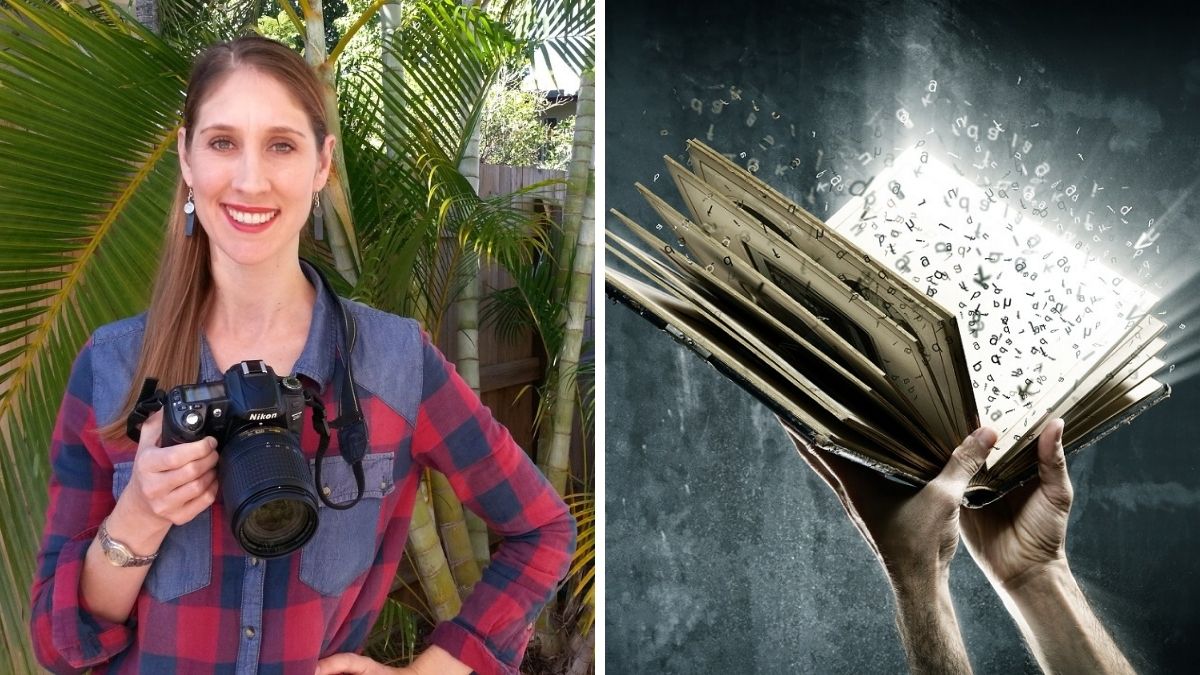
What every life-story writer ought to know about priming memory and remembering memories in 4 steps
First published September 27, 2018: This article has been updated and improved.
Memory recall is at the heart of all life-story writing.
But it can be challenging to remember back decades when sitting down to write an autobiography, memoir, biography or other life-story project.
Certainly the brain is an amazing piece of engineering.
However, it is common for our memories to fade over time.
For example, I like to think of each memory as a sandy path to the beach.
And every time we remember a memory, the track gets a little more defined.
But if we stop recalling a memory, the track gets overgrown or blown away.
So today I go over four of the easiest ways to bring old memories back to the surface.
Related article – How to start writing: The ultimate guide about planning to write life stories
Memory recall and childhood memories
A terrific way to fire up memory recall is to visit the places of our youth.
For instance, can you drive by your old house or houses? Or can you ask to go inside?
Obviously the home might have changed, trees grown or everything demolished.
But hopefully some small remaining details or perspective will trigger childhood memories.
And the same can be said for visiting old neighbourhoods, childhood haunts, schools, workplaces and more.
Certainly, as you walk about, keep a notebook handy to record key memories, facts, feelings and details. Also take pictures if you can.
Most importantly, these notes will be very helpful when you write about your childhood memories.
Related article – How does memory work? Your questions answered about what is memory and types of memory

Memory retrieval and treasures
Sometimes it is not possible to go back to a childhood home or district.
However, there are other memory recall options to try.
For example, go through old photos, school reports, memorabilia, letters, newspaper clippings, diaries and journals.
Certainly our brain is wonderful at recalling things by association.
So it is amazing what going through such ‘treasures’ will help you remember.
Again note down memories for great life-story writing fodder.
Related article – Story detail: Identifying key details in a story to make your autobiography shine
Talk to others
A great way to boost memory recall is to combine brainpower with someone else.
So talk to others who were there during your childhood or share similar memories.
Indeed this could be your parents, siblings, friends, relatives or others.
Certainly they will recall things you don’t and vice versa.
Plus others can confirm or fill in hazy details.
Most importantly, more memories will be triggered once you start reminiscing, looking at each other’s memorabilia or visiting places from the past.
And before you know it your memory recall will be snowballing along!
Related article – Life-story interview: How to set-up an interview + family interview tips
Get creative with memory recall
Finally, don’t forget music, movies or books from various time periods.
Of course memory recall can be heightened when you listen, watch or read material created by others who have lived through similar situations and times to yourself.
So get creative and curious about what you can rediscover!
Related article – Music and memories: 3 song memory tricks to use while dancing up a storm!
Related article – How to beat memoir writer’s block in 8 simple steps
Final say: Memory recall
Memory recall is a complex but wonderful process.
And it is essential to plan, write, polish and publish a life story.
Key ways to boost memory recall include: revisiting places from your childhood, looking through memorabilia, talking to others and getting creative.
Most importantly, don’t rush the memory-retrieval process.
Indeed, like walking a sandy beach track, it takes time and is often better enjoyed with company.
Happy writing!
Free gift!
Want to help a loved one record childhood memories or a complete life story? I show you how in the Your Family Stories System. Get the first sections for free. Simply sign up here or fill in the form below.
Your say
What is one of your favourite childhood memories? I love hearing from readers. Drop me an email or leave a reply in the comments section at the end of this article.
Get in touch
Got a question or an idea for a future article? You can let me know here!
Don’t miss an article
Sign up here or fill in the form below to get instant messages when new material is published.
This article first appeared on the website Forever Young Autobiographies.com.
